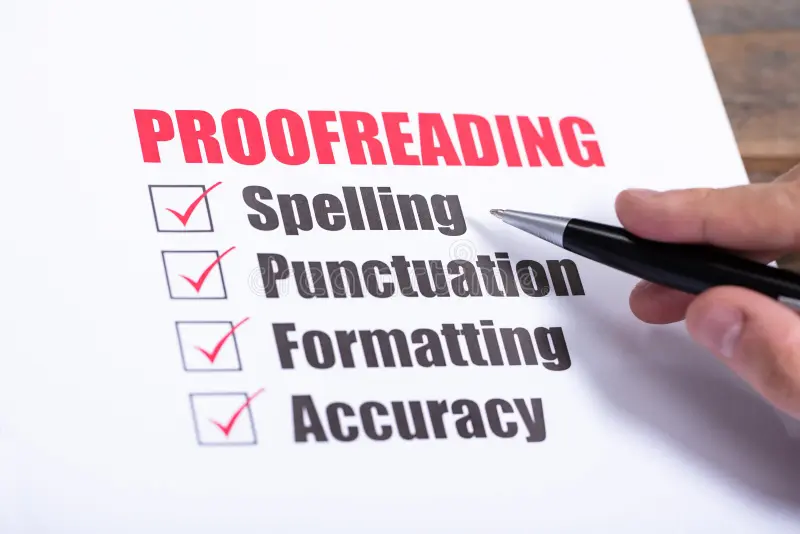1. Look for Extensive Experience in Appeals
Appeals are a distinct area of law requiring specialized knowledge and skills. Not all trial attorneys have the experience or qualifications needed to handle appeals effectively. Look for an attorney with a proven track record in Florida appellate courts, such as the District Courts of Appeal or the Florida Supreme Court. An experienced appeal lawyer understands the unique procedural rules and can present strong, persuasive arguments tailored to the appellate courts’ expectations.
Key Questions to Ask:
- How many appeals have you handled?
- Do you focus primarily on appellate work?
- Have you worked on appeals similar to my case type?
When facing an appeal in Florida, choosing the right attorney can make all the difference in the outcome of your case. Appeals require specialized legal expertise, and an experienced appellate lawyer can navigate complex legal rules, conduct in-depth research, and present powerful arguments to higher courts. This guide outlines key factors to consider when selecting the best appeal lawyers in Florida for your case.
2. Seek Strong Research and Writing Skills
Appeals rely heavily on written briefs, which are the primary tools for persuading appellate judges. The best appeal lawyers are not only skilled orators but also adept writers who can craft concise, well-researched, and compelling appellate briefs. These documents include complex legal arguments backed by case law and relevant statutes. Look for a Florida appeal lawyer with a reputation for producing high-quality written work.
Key Questions to Ask:
- Can you provide examples of successful appellate briefs you’ve written?
- How do you approach legal research and case preparation?
3. Verify Familiarity with Your Case Type
Appellate lawyers often handle cases in various areas of law, from criminal and civil appeals to family and administrative matters. Make sure the lawyer has experience in the specific type of appeal you need. For example, a lawyer skilled in criminal appeals may not be the best fit for a complex business litigation appeal. Familiarity with your case type allows an attorney to better identify relevant issues, find applicable precedents, and build arguments suited to your legal needs.
Types of Appeals:
- Criminal Appeals: Involve challenging convictions, sentences, or constitutional rights violations.
- Civil Appeals: Deal with judgments in personal injury, contract disputes, or business litigation.
- Family Law Appeals: Cover issues like custody, alimony, and divorce settlements.
- Administrative Appeals: Involve disputes with state agencies or regulatory boards.
4. Check the Lawyer’s Success Rate in Appeals
An appeal lawyer’s success rate can provide insight into their capability and skill. Although every case is unique and past outcomes are not guarantees of future results, a high success rate indicates a lawyer’s ability to effectively handle appeals. Inquire about their recent case history and ask for examples of cases they have won in Florida appellate courts.
Key Questions to Ask:
- What percentage of your appeals have resulted in favorable outcomes?
- Can you share recent case examples relevant to my situation?
5. Consider Oral Argument Experience
While not all appeals include oral arguments, many appellate cases benefit from this stage. Oral arguments allow the lawyer to present the case directly to a panel of appellate judges and respond to their questions in real time. An attorney skilled in oral advocacy can clarify points from the written briefs, address the judges’ concerns, and strengthen the overall argument. Choose a lawyer who has a proven track record in delivering persuasive oral arguments.
Key Questions to Ask:
- Have you conducted oral arguments in the appellate court before?
- How do you prepare for and approach oral arguments?
6. Assess Communication and Transparency
Appeals are often lengthy, requiring careful communication between attorney and client. Look for a Florida appeal lawyer who is not only responsive but also transparent about the process, potential outcomes, and any challenges that may arise. Clear communication keeps you informed and prepared, reducing stress throughout the appeals process. A lawyer who sets realistic expectations and provides regular updates demonstrates professionalism and respect for their clients.
Key Questions to Ask:
- How frequently will you update me on the progress of my case?
- Will you provide honest feedback on the potential outcomes?
7. Ensure Knowledge of Florida Appellate Procedure
Each state has unique appellate procedures, and Florida is no exception. The appellate process involves strict deadlines and complex filing requirements, and failing to follow these can result in an appeal’s dismissal. A seasoned Florida appeal lawyer is well-versed in these rules and ensures that all documents are timely and properly filed. Choose a lawyer with in-depth knowledge of the procedural nuances of the Florida appellate system.
Key Points to Verify:
- Familiarity with Florida’s filing and timing requirements
- Experience in Florida District Courts of Appeal and Florida Supreme Court
8. Ask for References and Client Testimonials
Client feedback can provide valuable insights into an attorney’s professionalism, effectiveness, and dedication. Consider asking the lawyer for references or looking for online testimonials. Former clients can give you a better idea of the lawyer’s approach to cases, how they handle communication, and their success in achieving positive outcomes. Reliable client feedback is a strong indicator of a lawyer’s commitment to client satisfaction and appellate success.
Key Questions to Ask:
- Can you provide client references?
- Are there testimonials or reviews available from former clients?
9. Evaluate Their Analytical Skills
The appellate process requires analyzing trial records, identifying legal errors, and constructing logical arguments based on established law. A strong Florida appeal lawyer should possess exceptional analytical skills and the ability to distill complex issues into persuasive arguments. Look for a lawyer who demonstrates keen analytical ability and a deep understanding of the law, as this is critical for success on appeal.
Signs of Strong Analytical Skills:
- Well-organized arguments
- Insightful analysis of complex issues
- Ability to present nuanced points effectively
10. Schedule a Consultation
Before making a decision, schedule a consultation with potential appeal lawyers. This meeting provides an opportunity to discuss your case, gauge their approach, and ask any questions that can help you assess their suitability. During the consultation, pay attention to how well they listen, their responsiveness to your concerns, and the clarity with which they explain your legal options.
Topics to Discuss During Consultation:
- Initial impressions of your case
- Potential challenges or strengths of the appeal
- Estimated timeline and costs
In Closer
Choosing the best appeal lawyers in Florida requires careful consideration of experience, specialization, communication, and procedural knowledge. A skilled appellate attorney brings a unique set of skills to your case, offering in-depth analysis, strong written and oral advocacy, and a strategic approach to achieve favorable outcomes. By evaluating these factors, you can select a lawyer who will effectively represent your interests in Florida’s appellate courts.



